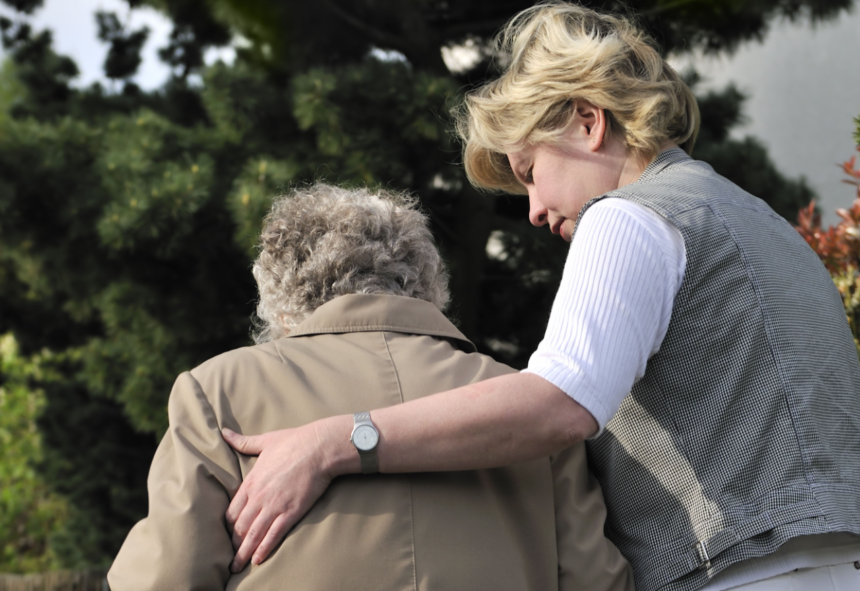Fostering relationships and building a sense of belonging are essential elements of life for everyone. For individuals with unique abilities, engaging in social activities can provide opportunities to connect with others, learn new skills, and enjoy fulfilling experiences. Social day programs, specifically customized to meet the needs of the specially abled, offer a platform for these meaningful interactions.
Disability support services, which often include well-structured social day programs, serve as a cornerstone for enriching the lives of individuals with diverse abilities. By focusing on inclusive activities, these programs help participants develop friendships, gain confidence, and enjoy engaging experiences. Whether through creative workshops, group outings, or skill-building sessions, social day programs impact lives.
The Importance of Social Interaction
Social interaction plays a pivotal role in enhancing emotional and mental well-being. For individuals with disabilities, participating in a group setting allows them to build confidence and improve their social skills. These environments provide an opportunity to connect with peers who share similar experiences and challenges. The bonds formed in these programs can extend beyond the activities themselves, offering long-term companionship and mutual support.
Social day programs are designed to accommodate various needs and preferences, ensuring every participant feels valued and included. Art classes, music therapy, and group discussions encourage participants to express themselves, nurture their creativity, and develop interpersonal connections. These programs are about passing time and creating a community where everyone feels a sense of belonging.
Tailored Activities for Every Individual
A significant aspect of social day programs is the variety of activities tailored to meet individual interests and abilities. These programs include physical exercises, games, arts and crafts, and outdoor excursions. By offering a mix of stimulating and enjoyable activities, participants are motivated to engage and participate actively.
The flexibility of these programs ensures that they cater to the unique needs of every individual. For instance, someone who loves painting may find joy in art therapy sessions, while others might thrive in group sports or dance classes. This level of personalization fosters a sense of achievement and boosts self-esteem. It also allows participants to explore new interests and discover hidden talents.
Furthermore, these programs often integrate skill-building activities that empower individuals to perform daily tasks more confidently. From cooking workshops to technology-based sessions, participants enjoy their time and acquire practical knowledge that fosters independence.
Tips for Choosing a Supportive Social Day Program
Selecting the right social day program ensures your loved one thrives in a nurturing and inclusive environment. Here are key considerations to guide your decision:
- Assess Individual Needs: Ensure the program aligns with the participant’s interests, abilities, and personal goals.
- Research Thoroughly: Use online resources and reviews to explore available programs and their reputations.
- Seek Recommendations: Connect with other families or support networks for trusted suggestions.
- Visit the Program Site: Observe sessions in action and engage with facilitators to evaluate the environment.
- Check Staff Credentials: Verify that staff members are trained and experienced in working with individuals with disabilities.
- Prioritize Inclusivity: Choose programs that foster a sense of belonging and personal growth.
- Ensure Activity Variety: Look for a mix of recreational and developmental activities that cater to diverse interests.
- Establish Communication: Opt for programs with clear channels for regular updates and caregiver feedback.
These tips will help families find a supportive program tailored to their loved one’s unique needs.
Building Lifelong Skills and Friendships
One of the most rewarding aspects of social day programs is their lasting impact on participants. Beyond the immediate enjoyment of activities, these programs help individuals develop critical life skills such as communication, teamwork, and problem-solving. These skills are carried into other areas of their lives, enhancing their independence.
Additionally, the friendships formed in these settings can become a vital source of emotional support. These bonds often extend beyond the program, fostering a sense of community and belonging that grows over time. Social day programs are not just places to visit—they become a cornerstone of an individual’s support network, contributing to their happiness and fulfilment.
Moreover, these programs promote physical activity and mental stimulation, which is essential for overall health. Group fitness sessions, puzzles, and strategy-based games can help improve cognitive abilities and physical well-being, making these programs a holistic resource for personal development.
Social day programs are an invaluable resource for individuals with unique abilities. They offer a nurturing environment to connect with others, learn new skills, and enjoy enriching experiences. These programs, often included in disability support services, provide tailored activities that help participants grow emotionally and socially. They are designed to meet the diverse needs of their attendees, ensuring everyone has an opportunity to thrive.
By choosing the right program, families and caregivers can give their loved ones access to meaningful interactions and experiences that can positively impact their lives. The connections, skills, and confidence gained through these programs testify to their transformative power, highlighting the need to support the specially abled to live connected lives.















